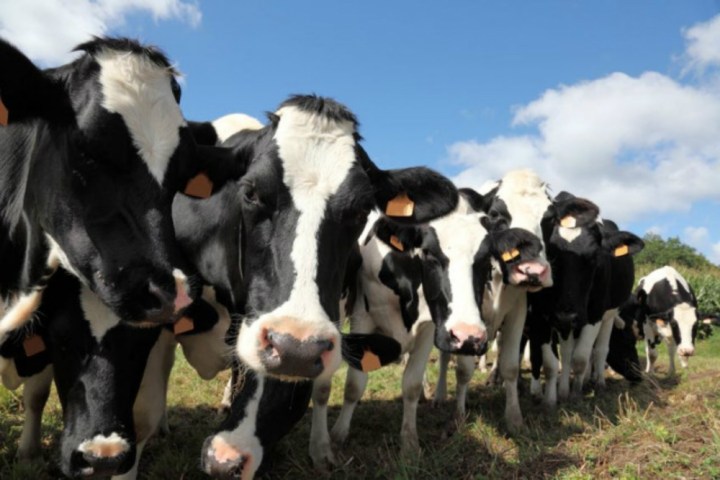
This week California Governor Jerry Brown signed Senate Bill 1383 into law. The law regulates so-called “short-lived” climate pollutants, including HFC gases, black carbon, and methane. That last item is where cows get involved. The full title of the bill is Short-lived climate pollutants: methane emissions: dairy and livestock: organic waste: landfills.
The short-lived gases don’t stay around long, by definition, but they can cause illness and contribute to global warming because of their heat-trapping attributes, according to Reuters. Courthouse News quoted Governor Brown who said, “We’re protecting people’s lungs and their health.” He didn’t mention aesthetic experience, but likely no one would have argued that sentiment, at least as it applies to methane gas.
The new law calls for a “comprehensive short-lived climate pollutant strategy” by January 1, 2018, to “achieve a reduction in the statewide reduction of methane by 40 percent…”
According to related Fox News coverage, manure is one of the “main methane culprits.” Under the bill, dairy farmers need to find ways to reduce methane emissions to 40 percent below 2013 levels. They have to get it done by 2030.
One solution for farmers will be financial aid from a $50 million polluter fee fund. That money can be used to buy methane-fueled machinery that can create energy that could then be sold to electric companies.
So if we understand this correctly, dairy farm methane will be used to power generators that create electricity to run the farms, and will provide farmers with an additional revenue stream from utility companies.
California is recognized as a technology and entrepreneurial center, and section 3970.5(b)(4)(c) of the bill mentions the “potential for new innovation in technology, energy, and resource management practices.” Sounds like a call for new start-ups – start thinking of funny names now.
It appears that those farmers who don’t use the earmarked funds to buy methane-fueled machinery will have until 2030 to figure out how to convince, train, or coerce their cows to produce 40 percent less flatulence and/or manure.



